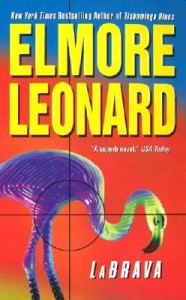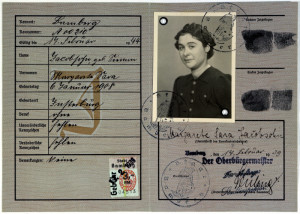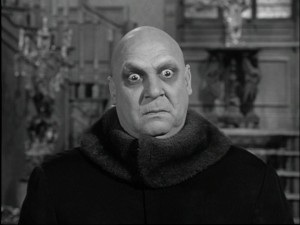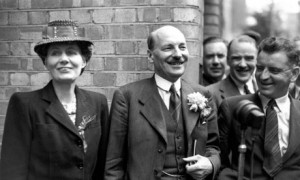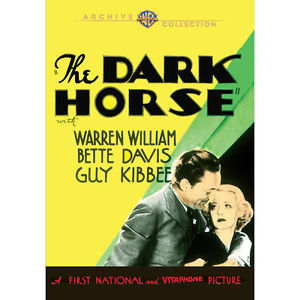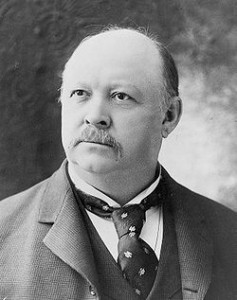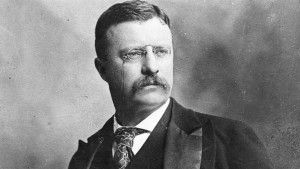Writers like Katherine Locke and Kelly Faircloth have blogged about the bizarre nature of the romance Kate Breslin concocted between a Nazi and his Jewish prisoner in her debut novel For Such a Time. However much Breslin tries to make this relationship redemptive and wonderful, she can’t blur the cruel power dynamic at its core; the threat of rape and death; and the fact that genocide gets swept away at the book’s end.
What also troubles me about For Such a Time is the slipshod editing. How nobody at Breslin’s publishing house corrected her clumsy attempts to root the book in the Holocaust or her skewed knowledge of Judaism and Jewish culture.
Examples abound. Why does she use the word Hakenkreuz rather than Swastika? The latter word is one most readers would be familiar with. Hakenkreuz is a feeble attempt to make the book feel historically accurate. So is using Sturmabteilung rather than SA or Brownshirts. Both of those are much more more familiar to readers of historical novels or thrillers set in Nazi Germany–and more understandable.
Why field the obscure word Gänsebraten when roast goose would do just as well? Surely anyone picking up this book will understand that it’s set in Germany after the first few pages. Breslin doesn’t need to keep reminding us, as when she substitutes the word Kaffee for coffee over half a dozen times. But Kaffee isn’t italicized, which it should be since it’s in a foreign language. Page after page, you feel she’s just overdoing it and the publisher is careless and clueless.
Which is unfortunate, given Breslin’s weak grasp of German and Germany’s history with Jews. Breslin’s heroine is addressed as “Jude.” That’s the masculine for Jew in German, not the feminine, which is Jüdin. But more egregious than that, the Nazis had many terms of abuse for Jews, and simply calling her a Jew is not pejorative enough–given the period.
If Breslin was so desperate for authenticity, a little research would have yielded the insult Judensau among others. The Nazis were very fond of this slur which means “Jew pig,” and as a despicable term for Jews in Germany, it dates back to the Middle Ages. It was so widely used, images were carved on churches.
Breslin’s understanding of Jewish culture and religion is also grossly off-base. In a glossary at the book’s end, she defines a yarmulke as a “prayer cap.” No it isn’t. It’s a skullcap; it’s not just worn at prayers by observant Jews. More incorrectly, she thinks a shtetl is a “small town or ghetto.” That’s flat-out wrong. It’s the Yiddish for a small Jewish or heavily Jewish village or town in Eastern Europe–not remotely the same thing as a ghetto.
If that inaccuracy isn’t enough, the glossary says that Jews in the Holocaust wore a “gold” star to identify “their Jewry.”
Breslin further makes a hash of history when she says that “Sarah” was “a term that Nazis used for Jewesses.” That makes it sound like a synonym. It wasn’t. What she seems to be getting at is the legislation in 1938 which forced Jews with “non-Jewish” names to add “Sara” [sic] or “Israel” as middle names to their identity papers so that there could be no doubt they were Jewish. She and her publisher also seem oblivious to the fact that the word “Jewess” isn’t just dated, it’s widely considered offensive.
One more indignity: Breslin crams the novel with more German than it needs, but gets a key German term related to the Holocaust wrong. The German word for Final Solution, Endlösung, is rendered as Endoslung in the book and in the glossary.
All these errors come from an author who claims to love the Jewish people. As the song goes, “Who Needs Love Like That?”
Lev Raphael is the author of 25 books in many genres including Rosedale in Love, set in New York during The Gilded Age.


